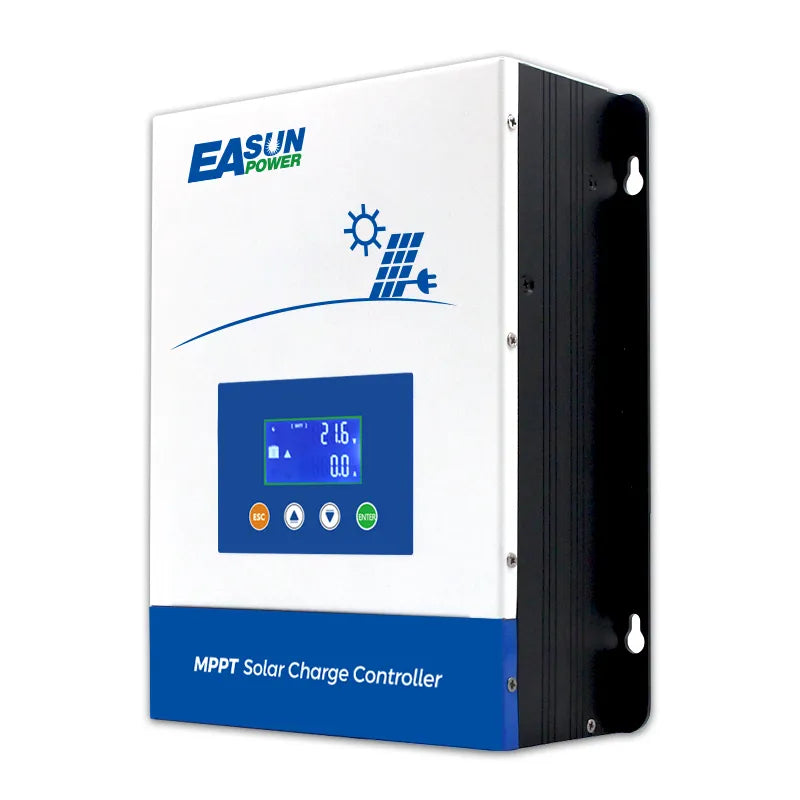When it comes to optimizing your solar power system, choosing the right solar charge controller: PWM or MPPT is crucial. This decision can significantly impact the efficiency and longevity of your solar setup. In this article, we will delve into the differences between PWM and MPPT solar charge controllers, helping you make an informed choice for your business.

Understanding PWM Solar Charge Controllers
PWM, or Pulse Width Modulation, solar charge controllers are known for their simplicity and cost-effectiveness. They work by gradually reducing the power going into the batteries as they become full, ensuring they are not overcharged. This type of controller is ideal for smaller systems where budget constraints are a primary concern.
"PWM controllers are often preferred for their straightforward design and affordability."
However, PWM controllers are less efficient compared to their MPPT counterparts, especially in colder climates or when the solar panel voltage is significantly higher than the battery voltage.
Exploring MPPT Solar Charge Controllers
MPPT, or Maximum Power Point Tracking, controllers are more advanced and efficient. They continuously track the maximum power point of the solar panels, adjusting the input to harvest the maximum possible energy. This makes them ideal for larger systems where efficiency is paramount.
"MPPT controllers can increase the efficiency of your solar system by up to 30%."
While MPPT controllers are more expensive, their ability to maximize energy harvest can lead to significant long-term savings, making them a worthwhile investment for many businesses.
Key Differences Between PWM and MPPT Controllers
- Efficiency: MPPT controllers are generally more efficient than PWM controllers.
- Cost: PWM controllers are less expensive, making them suitable for smaller budgets.
- Complexity: MPPT controllers are more complex and require more sophisticated technology.
- Application: PWM is ideal for smaller systems, while MPPT is better for larger, more demanding setups.
Making the Right Choice for Your Business
When choosing the right solar charge controller: PWM or MPPT, consider the specific needs of your solar power system. If you have a smaller setup with a limited budget, a PWM controller might be the best choice. However, if efficiency and long-term savings are your priorities, investing in an MPPT controller could be more beneficial.
For instance, the MPPT Solar Charge Controller from XYZ Solar offers advanced features and high efficiency, making it a popular choice among businesses looking to optimize their solar power systems.
Conclusion
In conclusion, choosing the right solar charge controller: PWM or MPPT depends on your specific requirements and budget. By understanding the differences and benefits of each type, you can make an informed decision that will enhance the performance and longevity of your solar power system.
For more detailed information, check out this video on solar charge controllers that provides an in-depth comparison between PWM and MPPT controllers.
References
 ```
```














